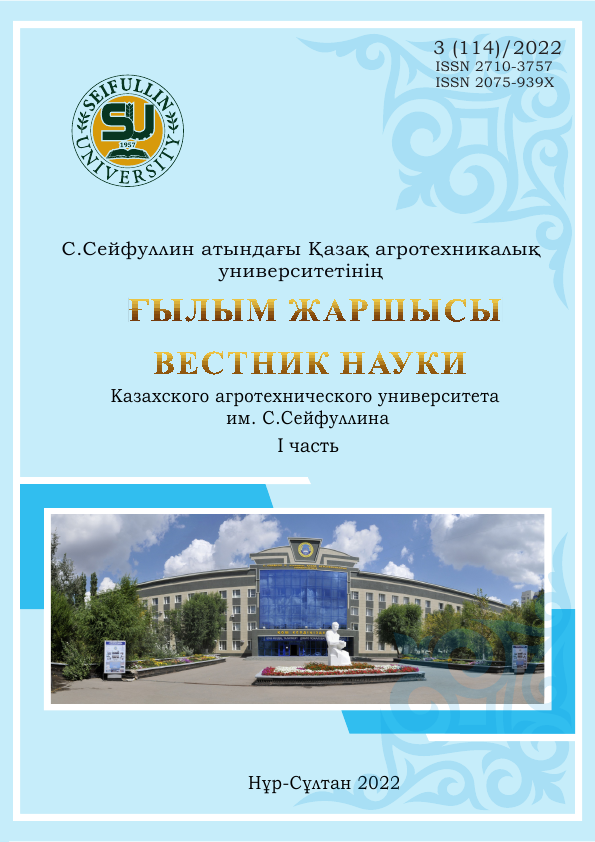THE EFFICACY OF THE APPLICATION OF TRACKERS FOR MAINTAINING LIVESTOCK WELLBEING AND MONITORING OF THE LOCATION OF HERDS IN GRAZING-BASED HORSE BREEDING
DOI:
https://doi.org/10.51452/kazatu.2022.3(114).1193Keywords:
grazing-based horse breeding; digital technology; trackers; livestock wellbeing; loss-preventing in horse breeding; efficacyAbstract
Remote sensors for monitoring livestock conditions and the location of herds
(trackers) are a significant component of digital technology for agriculture. Based
on the various communication standards, trackers allow users to collect the
information they need promptly and remotely, directly from livestock locations,
and then utilize that information to support decision-making and prevent
potentially harmful situations.
This article examines the efficacy of the tracker application to maintain
livestock wellbeing and control the location of herds in grazing-based horse
breeding. The research was conducted on six horse-breeding farms in Akmola,
East Kazakhstan, Zambyl, and Pavlodar regions of the Republic of Kazakhstan.
The data used in the research were provided by the farms or obtained from official
sources. As a result of the research, the authors concluded that trackers are an
effective tool for both maintaining livestock wellbeing and preventing
unintentional loss of livestock in grazing-based horse breeding. However, the
specific impact of trackers highly depends on the conditions of individual farms
and the extent in which the farmers ready to accept their risks. The authors
identified several major types of tracker effects in horse breeding and offered a
formula to estimate the potential impact of the application of trackers.
The horse-breeding farmers can apply the types of trackers’ effect, the field
data on parameters of tracker application, and the suggested formula as one of the
reliable, practice-based sources of information in their decision-making practices
on investment in tracker technology

